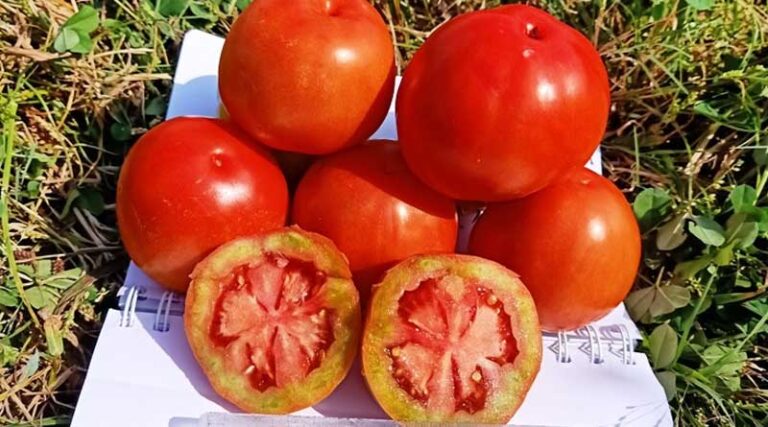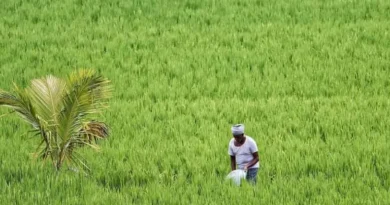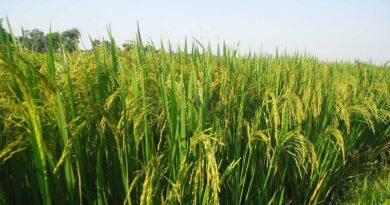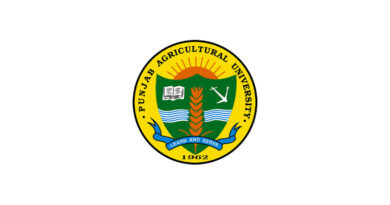
New Wilt-Resistant Tomato Varieties Promise Better Yields For Himachal Farmers
22 September 2025, Palampur: Chaudhary Sarwan Kumar Himachal Pradesh Krishi Vishvavidyalaya, Palampur, has achieved a major breakthrough with the development of two wilt-resistant tomato varieties – “Him Palam Tamatar -1” and “Him PalamTamatar-2”. Announcing the achievement, Vice Chancellor Prof. Naveen Kumar highlighted that these high-yielding varieties, bred by the University’s Department of Vegetable Science, are resistant to bacterial wilt; one of the most devastating challenges for tomato growers in Himachal Pradesh.
Bacterial wilt is a serious constraint to tomato cultivation in Himachal Pradesh, particularly in the lower and mid-mountainous regions. The disease causes young plants to wilt and yellow within 10 – 15 days of infection, often wiping out entire crops. Spread through seeds and soil, it thrives in high humidity and warm temperatures. Farmers have been forced to abandon tomato, bell pepper, and red chili cultivation in severely affected areas, as no chemical treatment has proven effective. Cultivating resistant varieties remains the only practical solution.
After nearly two decades of dedicated research, scientists at the University have released “Him Palam Tomato -1” and “Him Palam Tomato -2”, which combine high yield potential with strong resistance to bacterial wilt. Approved at the University’s Agriculture Officers’ Workshop on May 4, 2024, their proposal has been submitted to the State Varietal Release Committee (SVRC) for approval. Once cleared, seeds will be supplied to farmers across Himachal Pradesh, enabling commercial tomato production even in wilt-prone areas.
Main Characteristics of the New Varieties
Him Palam Tomato-1: Resistant to bacterial wilt; tall plants with dark red, round fruits (65-70 g); matures in 70-75 days; average yield 250-275 quintals/ha.
Him Palam Tomato-2: Resistant to bacterial wilt; tall plants with dark red, elongated palm-shaped fruits (70-75 g) and thick skin; ripens in 70-75 days; average yield 240-260 quintals/ha.
Prof. Naveen Kumar congratulated the Team of scientists from Department of Vegetable Science and Floriculture for their long-term research and expressed hope that these varieties would revive tomato cultivation in disease-affected regions, improving farmers’ incomes and strengthening the state’s vegetable economy.
Also Read: SML Limited Nematicide Receives Provisionally Approved ISO Common Name “Fenargimine”
📢 If You’re in Agriculture, Make Sure the Right People Hear Your Story.
From product launches to strategic announcements, Global Agriculture offers unmatched visibility across international agri-business markets. Connect with us at pr@global-agriculture.com to explore editorial and advertising opportunities that reach the right audience, worldwide.






